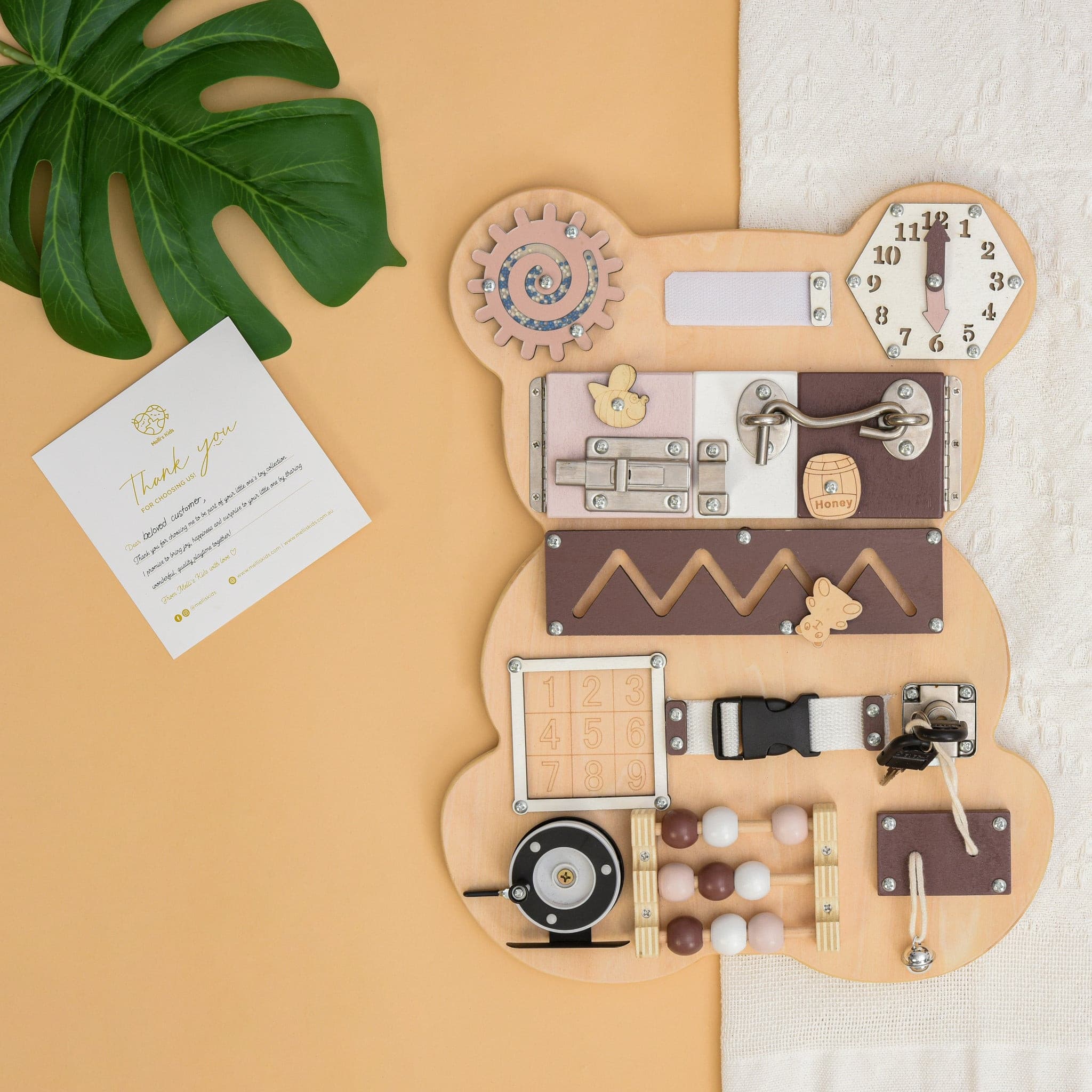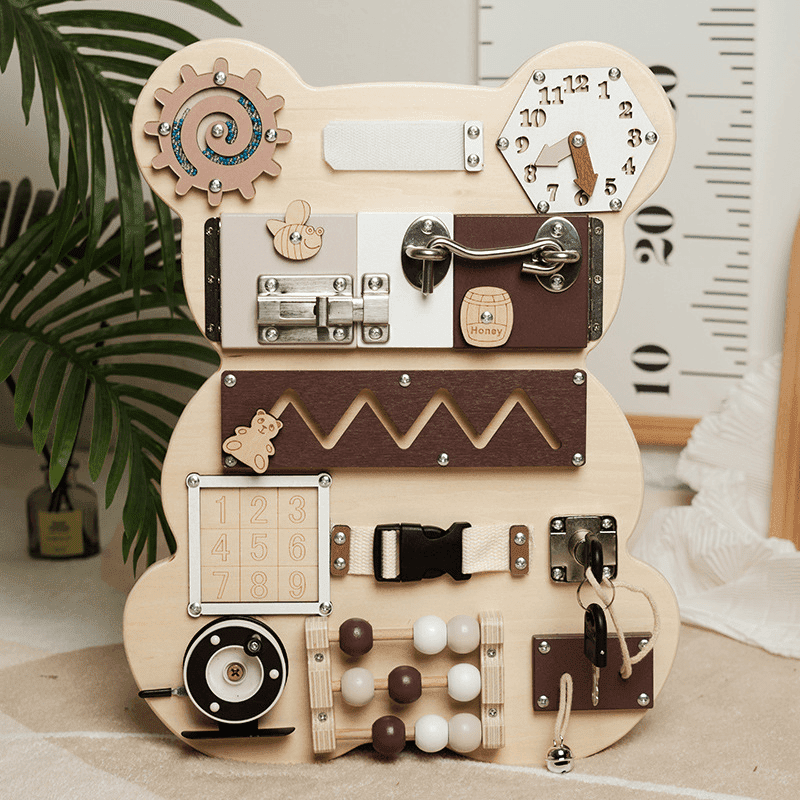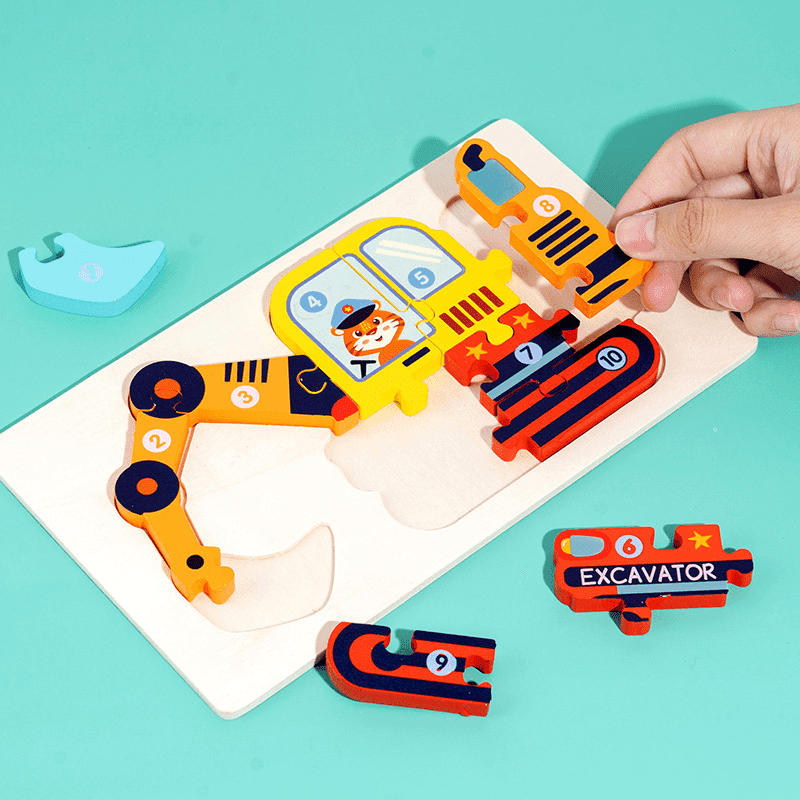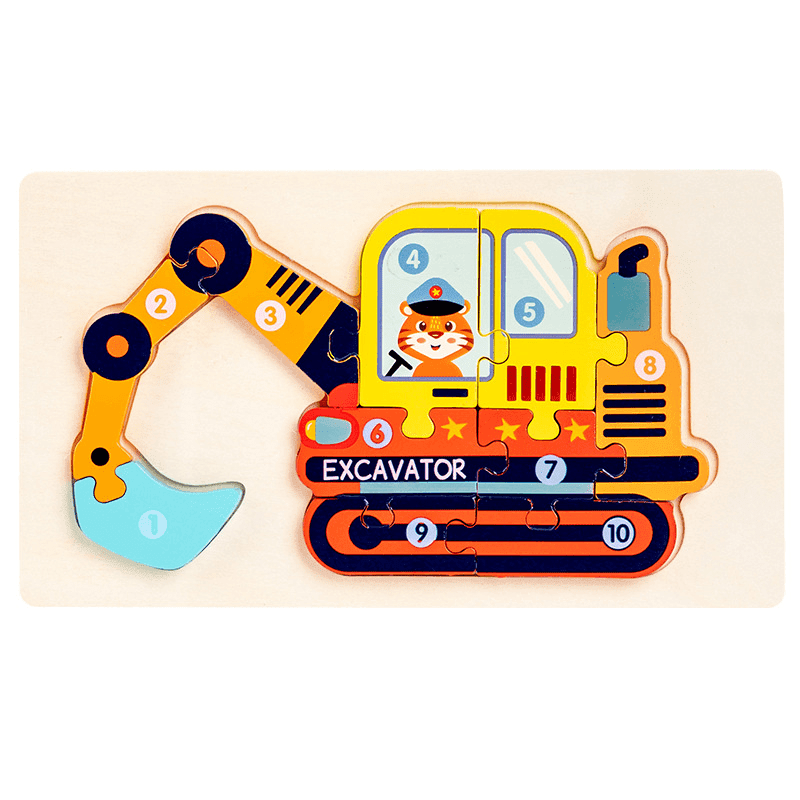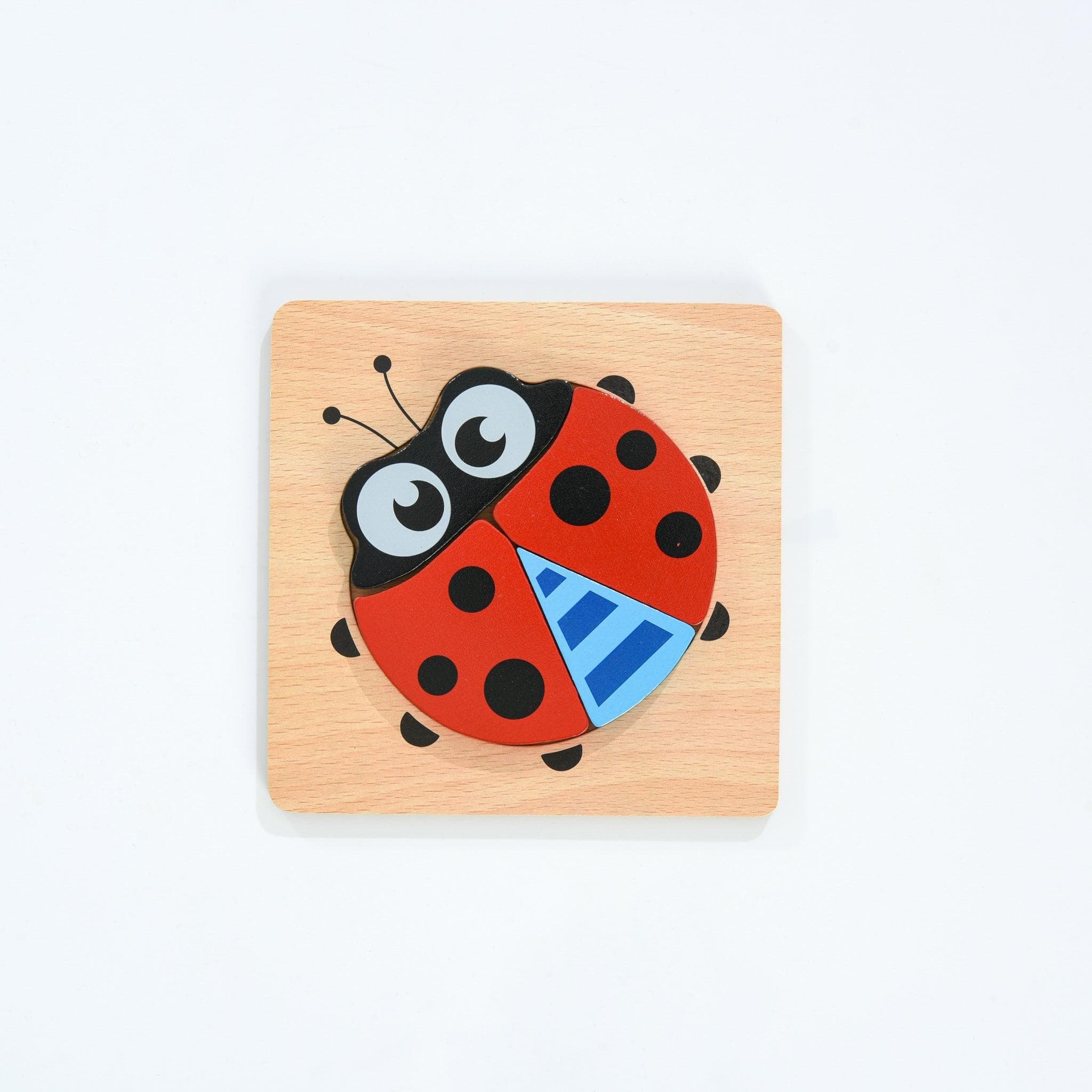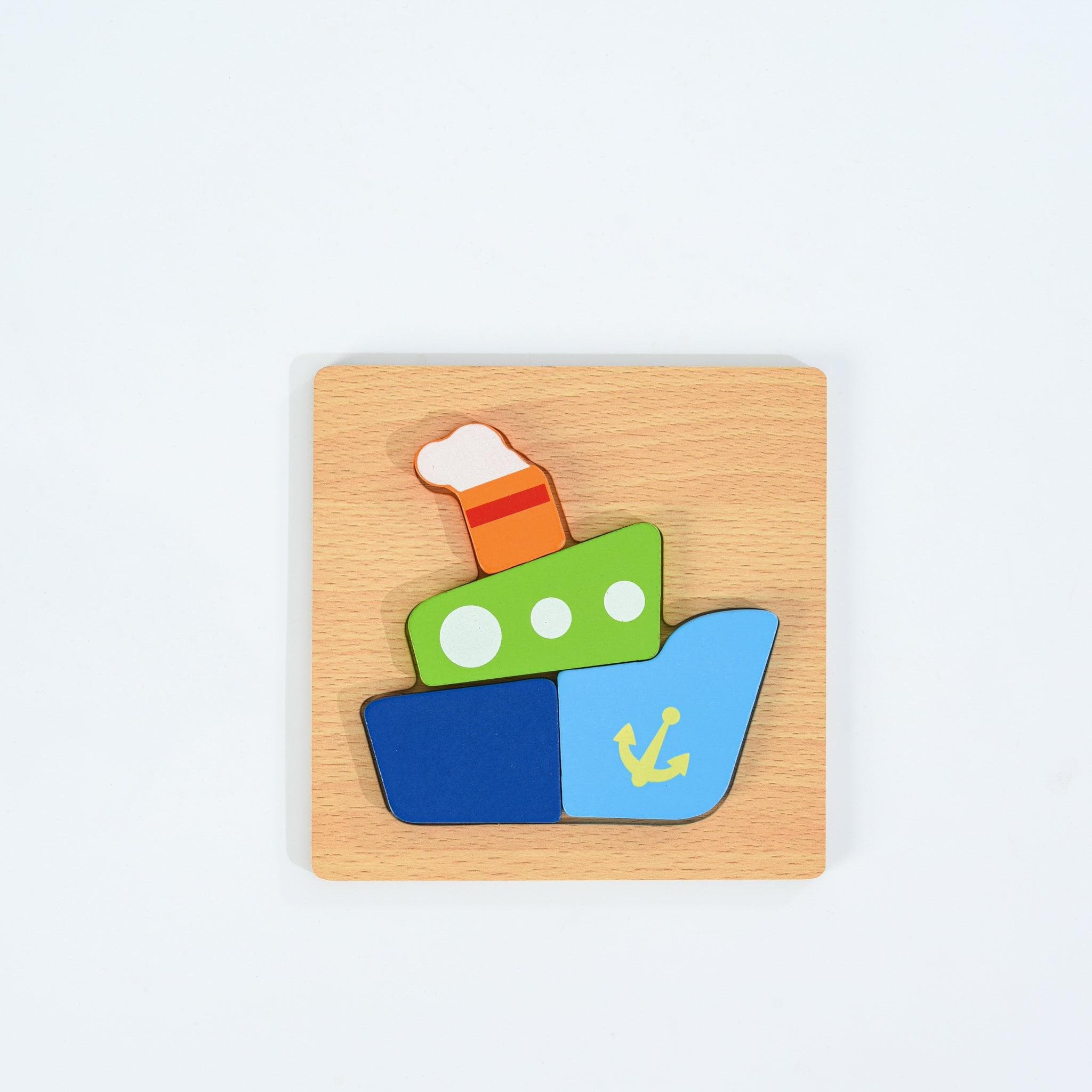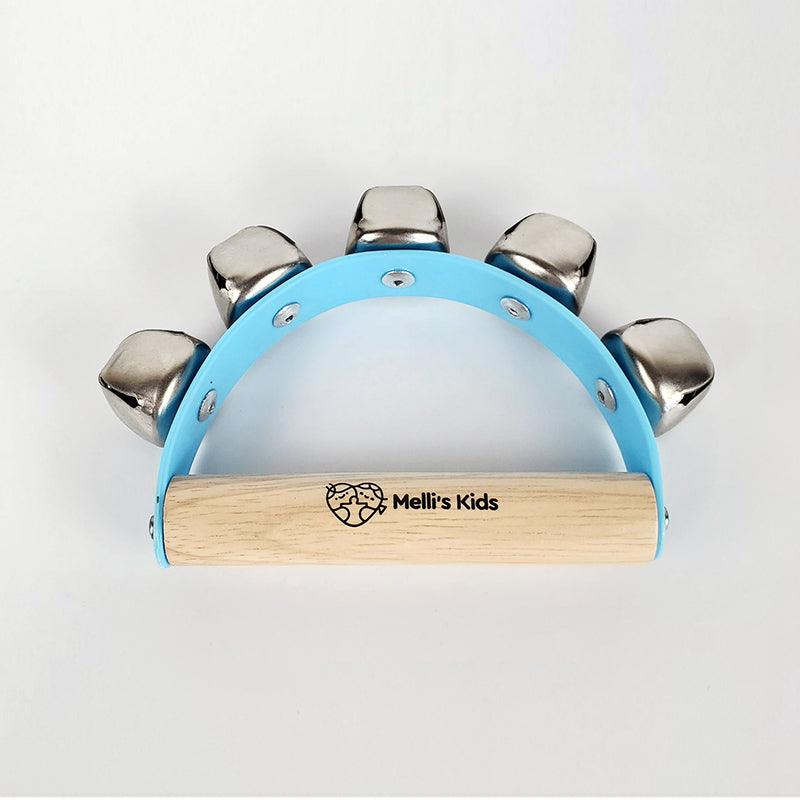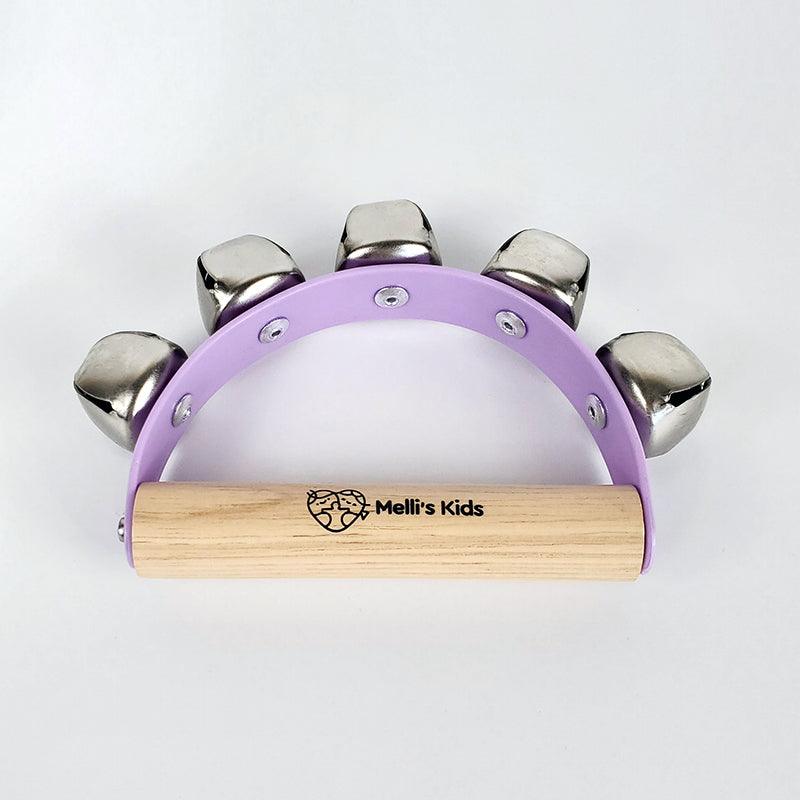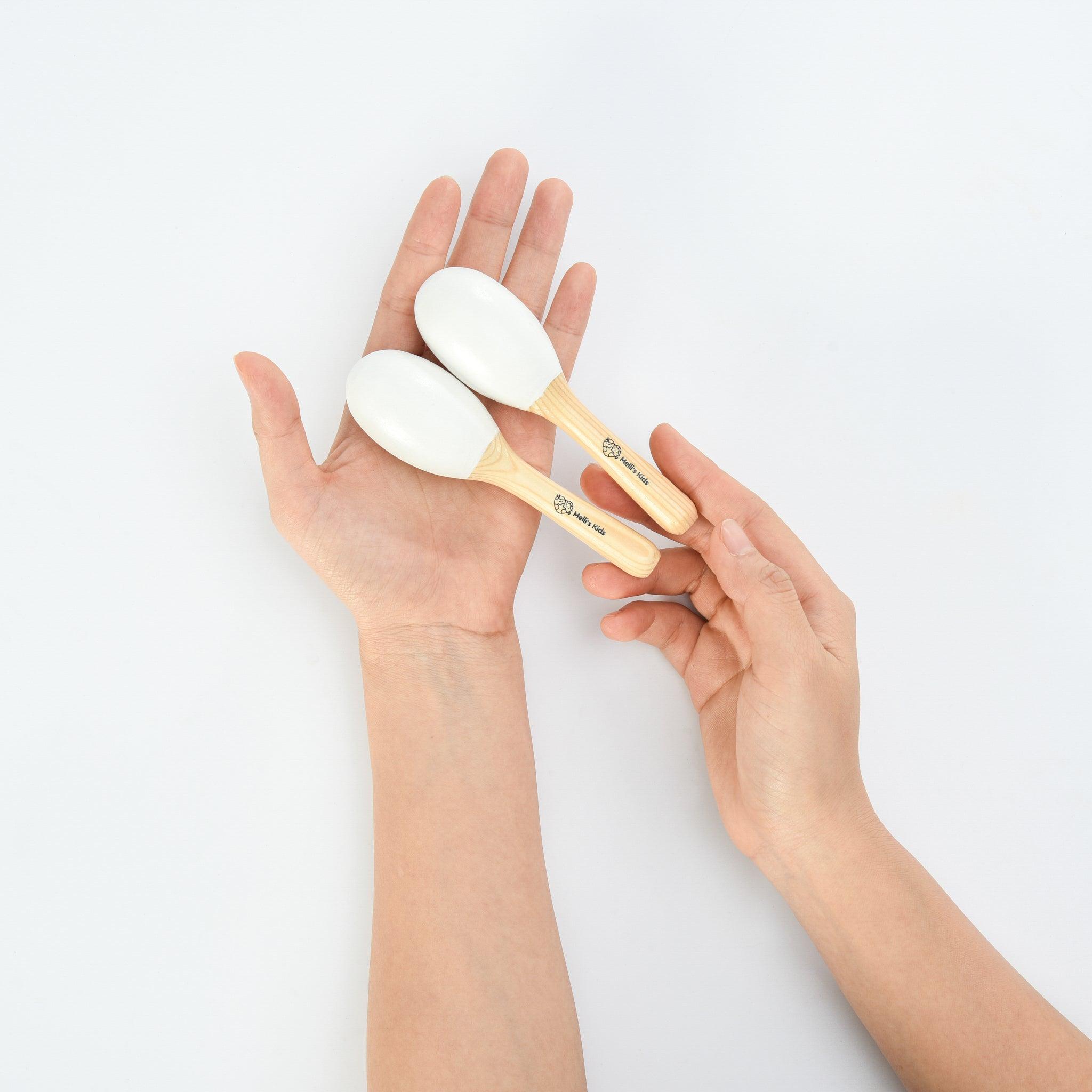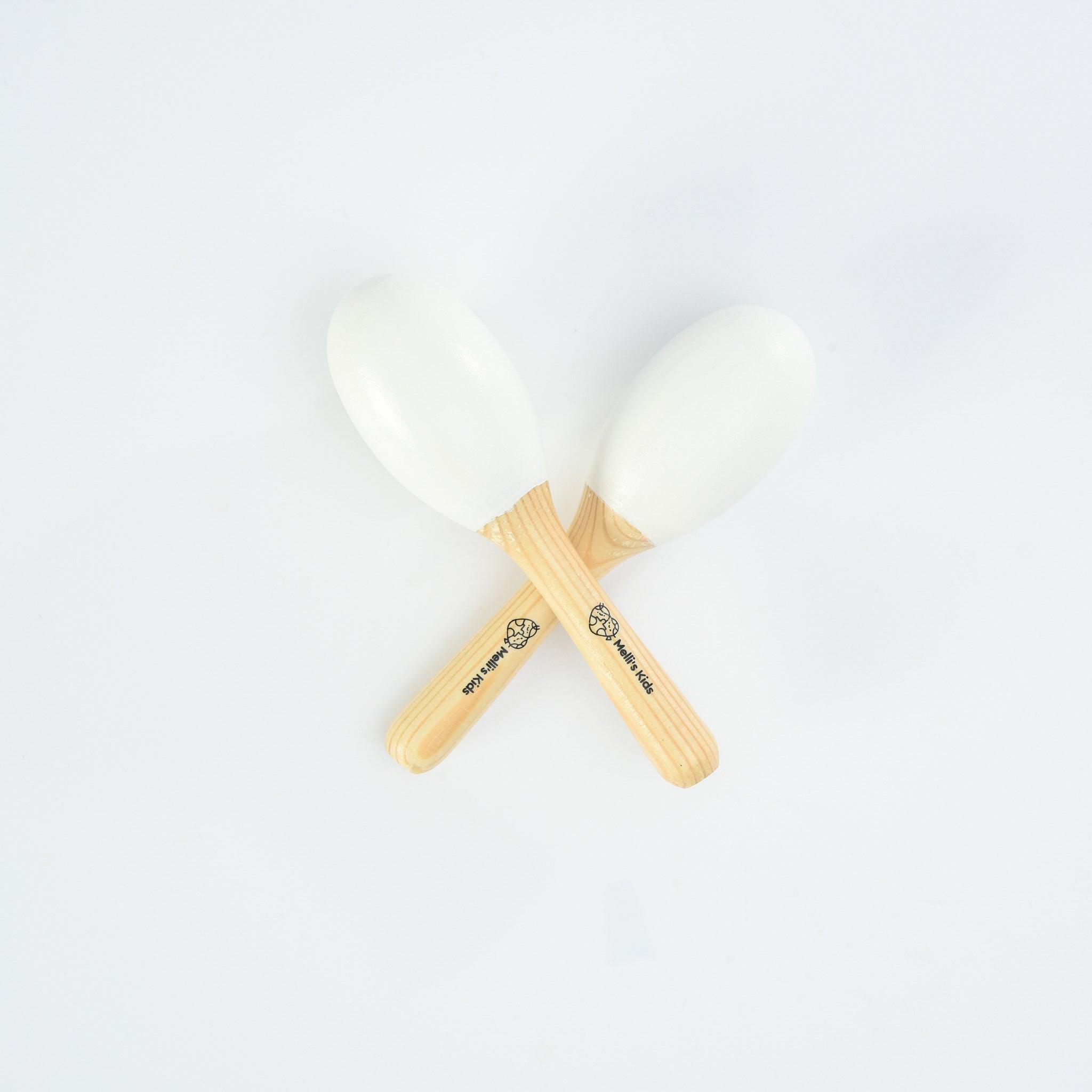5 benefits of sensory games you can't overlook
Sensory games have many benefits that should not be overlooked, especially when it comes to children. Kids are naturally curious and enjoy exploring new things, tastes, textures, and fragrances. Sensory play is an excellent way to engage children's senses of sight, smell, touch, hearing, and taste through hands-on activities, such as making mud pies or spreading homemade goo. However, sensory play is more than just fun; it plays a significant role in the brain development of children.
Sensory play creates neuronal connections in the brain by activating several senses at once, which is essential for lifelong learning. According to Suzanne Gainsley, this type of play is like "brain food." The brain pathways that sensory play fosters are significant for five important developmental areas, which are described below along with some fantastic sensory play suggestions.
1. Language development:
Children are more sensitive to language during their early years, and sensory play is an excellent way to help them start talking and utilizing new words. You can use new terminology and phrases to explain what you're doing with the various textures, aromas, and noises, such as "Why is the playdough soft and squishy?" "Can you make it longer?" "Why don't we introduce it?"
2. Social abilities:
Sensory play can help children develop social skills when they participate in a shared activity with other children, such as a sensory box. They can converse and debate the items, or they might work together to explore them. This not only teaches kids how to cooperate but also allows them to improve their communication abilities.
3. Cognitive development:
Observation is the first step in developing cognitive skills, which are necessary for problem-solving. When kids investigate new things, their brains put all the information they're absorbing together to understand what they're looking at. For instance, giving kids wooden blocks of various sizes and shapes teaches them that some are heavier than others. It's essential to teach children at a young age that different items have varied feelings, tastes, and smells as they develop the neural connections that connect their use of reasoning. Realizing that all the playdough wouldn't fit into a little bucket will have been a huge help when they eventually start tackling actual challenges.
4. Motor skills:
Motor skills are extremely important in later life because they are necessary for grasping pens, pencils, and paintbrushes. Playing with sensory items, such as pincers to pick up dried beans, can help children develop the essential muscles. Children can learn to regulate their hand motions by doing even the most basic tasks like pinching items and pouring liquids. Using implements like pincers and little jugs can help children focus on gripping and manipulating items.
5. Creative development:
Sensory play fosters creative development because it is fully open-ended. Providing children with colorful, imaginative, and novel things that they can explore however they choose helps them develop as creative thinkers. There is no objective other than exploration, so they can be as creative as they desire. This emphasis on stimulating the senses fosters their imaginative abilities.
Sensory play allows children to explore their senses of sight, smell, touch, hearing, and taste with new items and textures. Whether it's making mud pies in the yard or stuffing a box with dry lentils and dinosaur figurines, giving kids the chance to engage in sensory play helps them develop vital abilities they need to succeed. It improves their verbal abilities, social skills, and grasping and controlling of items.

